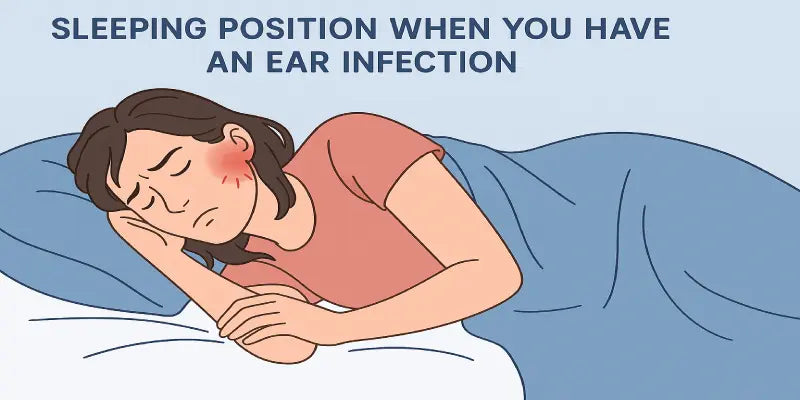
Know How to Sleep Better at Night
If you are struggling to have a good night sleep even though you sleep for long hours, maybe you are just sleeping wrong. It is obvious how you are going to feel if you had a bad sleep the previous night. You will be feeling sluggish the whole day and suffer to concentrate on your work. Poor or inadequate sleep is linked to many other problems such as a decline in the immune system, increase in blood pressure and risk of diabetes and many other health issues. In this blog, we’ll find out the way to sleep right and better naturally.
How to get a Good Night's Sleep?
Here are some tips for sleeping better at night:
Create a Sleep Schedule
Syncing with your body’s sleeping and waking cycle is the most effective strategy for getting a better sleep. A regular schedule can benefit you with a more energetic and refreshed mind than sleeping for a similar number or more but at different intervals. Try going to sleep and getting up at the same time regularly, even on weekends. Avoid sleeping too much at odd hours on weekends as it can disturb your sleep cycle. Limit taking naps for long hours. Avoid sleeping right after-dinner. This helps your body's sleep-wake cycle.
Avoid Screens Before Bed
The blue light from your phone, tablet, or computer can make it hard to fall asleep. Try to avoid using these devices at least an hour before bed. Screens have become very normal for us these days. We are on our phone, tablet or computer and can make it hard to fall asleep. All these devices emit blue light which can disturb your sleep wake cycle.
Relax Before Bed
Most people prefer to lay in bed after eating dinner and this habit makes it difficult for them to sleep. It is very important to unwind and give your body some time to relax before going to bed. You can read something nice, listen to soothing music or take a warm bath. You can also try meditation or sleep meditation app. Try not to do anything that is stimulating and make your mind more alert.
Avoid Heavy Meals and Drinks
Your eating habits play a vital role in offering you better sleep, especially the hours before your bedtime. Reduce nicotine and caffeine in the evening hours. Avoid having heavy meals at night, try to finish dinner 2-3 before bed. Avoid consuming alcohol before going to bed. Cut back on refined carbs and sugary foods.
Keep Your Bedroom Cool and Dark
Most experts recommend a temperature between 60–67°F. You can use curtains, shades, or blackout blinds to block out light. A quiet and calm bedtime practice sends an influential signal to the brain to relax and release stress. Keep the noise down. Keep the room cool. Make sure the bed is comfortable and use a high quality memory foam pillow.
Control Contact to Light
Melatonin is a natural hormone that can control the sleeping and waking process. The brain produces more melatonin at dark making you drowsy and in light regulates wakefulness. During the day, expose yourself to sunlight when you wake up in the morning. Spend more of your time outside in daylight. Let in natural light as much as possible into your workspace and home.
At night avoid being intense before bedtime. Avoid reading using backlit devices. Make sure your room is dark when you sleep. Maintain the lights low while getting up in the night.
Address Worries During the Day
If you are stressed or tense about something, it could be hard for you to fall asleep at night. Try writing down your worries at a consistent time during the day, like after lunch or dinner. Doing so can make it easy for you to fall asleep.
Conclusion
Along with a good diet and regular exercise, sleep is very important to maintain a healthy life. Maintain a regular sleep schedule and eating habits to sleep better at night. Use a high quality pillow to avoid any neck or back pain and wake up all fresh in the morning.








